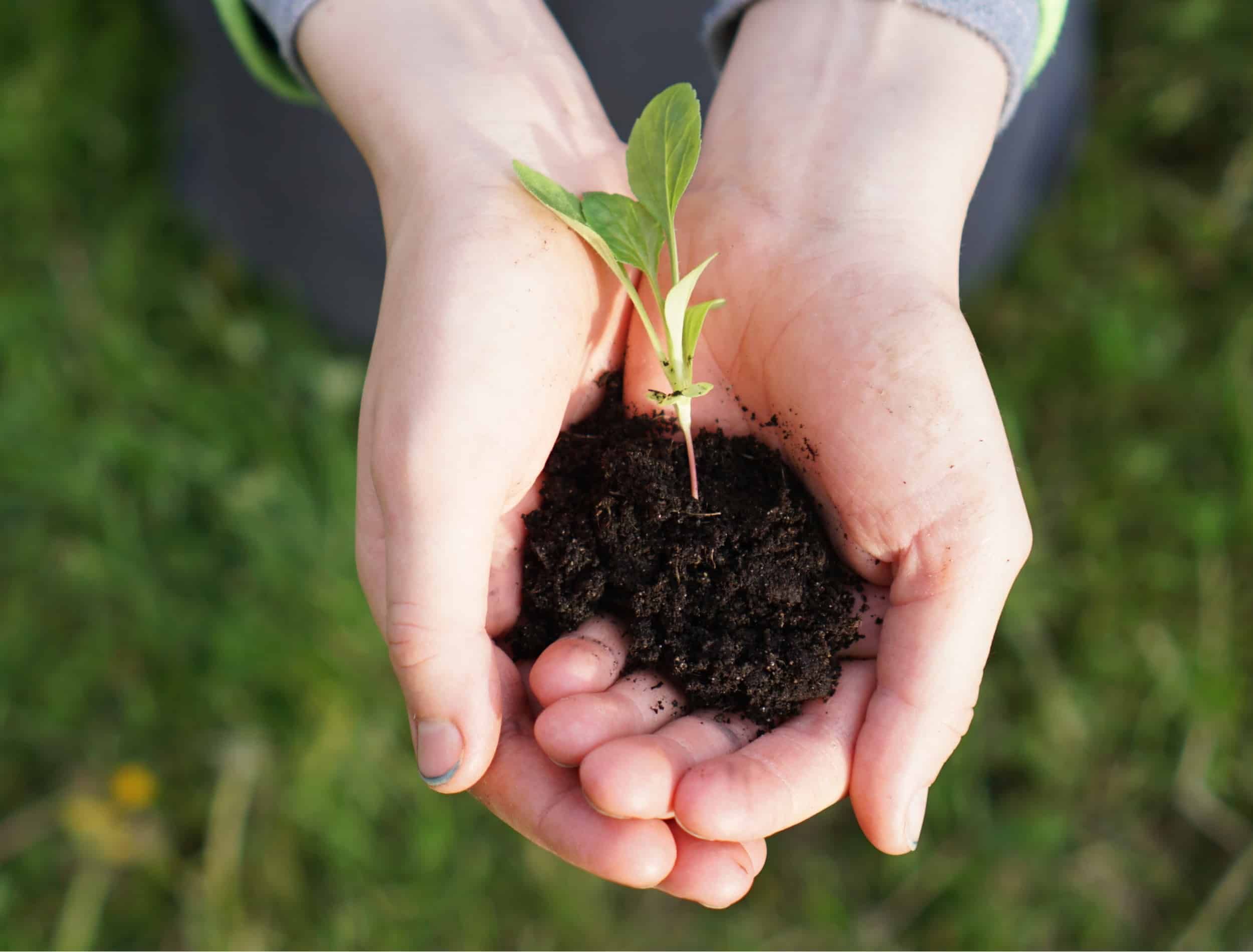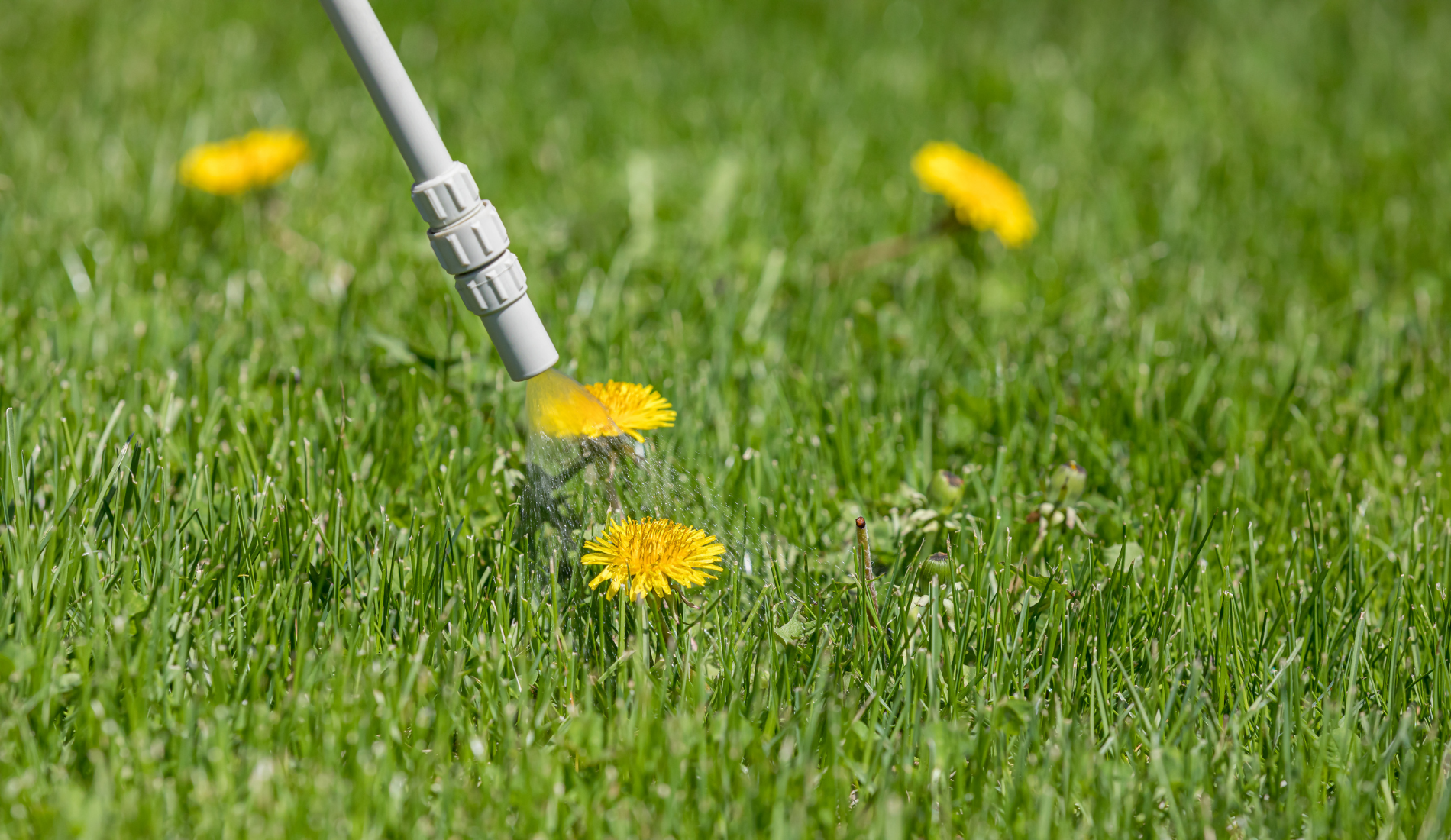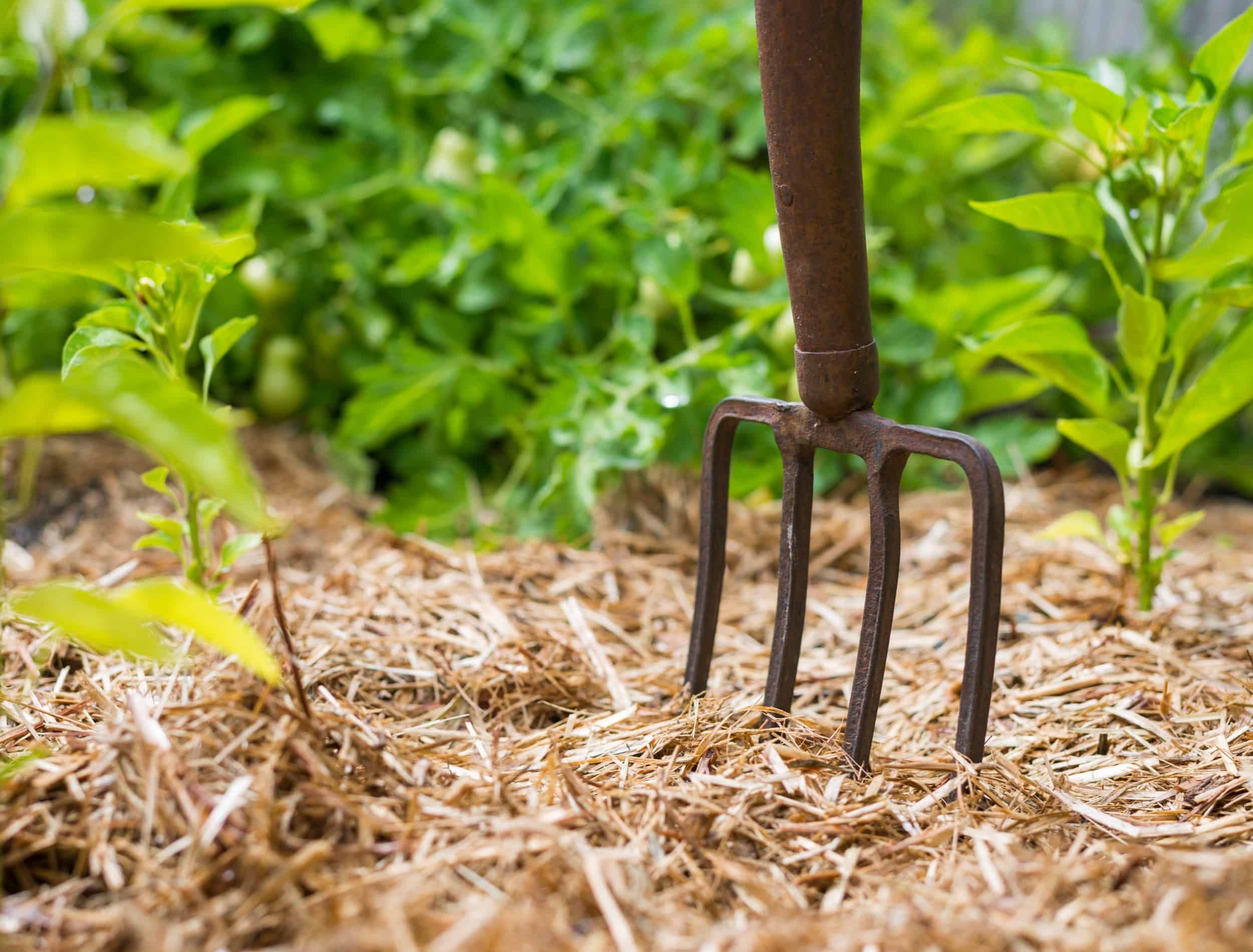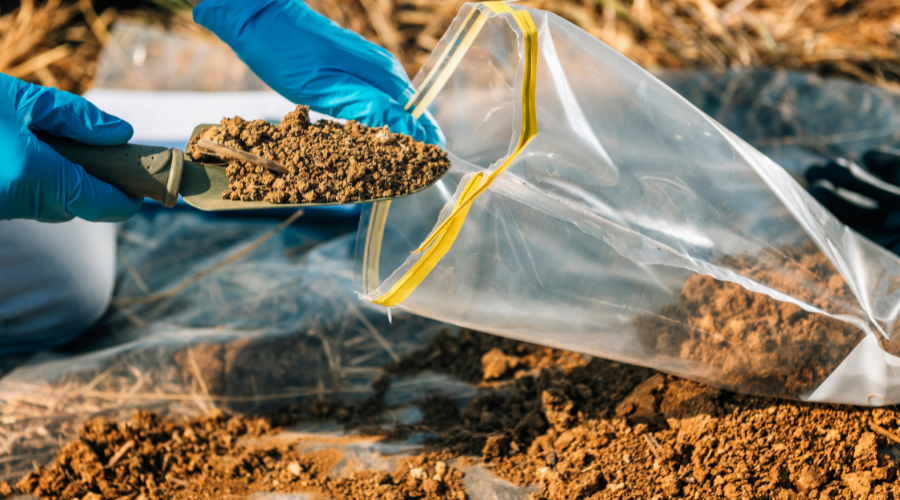The quality of your soil is key to the success of your garden. However, you may not realize that you can improve the quality of your soil over time with a few simple steps.
Let’s take a look at five ways you can enhance your garden soil for longevity. So, whether you're a beginner or an experienced gardener, be sure to read on!
Organic Matter
Image credits: JuFagundes via Canva
Organic matter is essential for garden soil health. It helps improve water retention, aeration, and drainage while providing nutrients for your plants. Incorporating organic matter or compost, into your garden soil is one of the best things you can do to ensure a healthy garden for years to come.
There are many ways to add organic matter to your garden soil. One is to add compost or manure to the soil before planting. It will help improve the quality of the soil and provide nutrients for the plants.
Another way to add organic matter is to cover the soil with a layer of mulch. It will help protect it from erosion and keep it cooler in the summer.
Rotate Your Crops
Image credits: marchenko_family via Canva
If you're looking to have a garden for the long term, it's important to take care of your soil. One way to do this is by rotating your crops. It helps to improve soil health and prevents nutrient depletion.
Here's how to go about it:
First, you'll need to identify the types of crops you want to rotate. Some common ones include vegetables, fruits, grains, and legumes. Once you've done that, you can create a plan for which crops will go in which areas of your garden.
Rotate your crops every year or two. It gives the soil a chance to replenish nutrients depleted by previous crops. It also helps to prevent disease and pests from becoming a problem.
When you're ready to plant, loosen the soil and add organic matter before adding in your crops. It will help them to get the nutrients they need to grow properly. You can also add a layer of mulch to help retain moisture and keep weeds at bay.
Avoid Harsh Chemicals
Image credits: JJ Gouin via Canva
It's no secret that strong garden soil is essential for growing healthy plants. But many gardeners don't realize that using herbicides and pesticides can do more harm than good.
Herbicides and pesticides are designed to kill living things, including the beneficial bacteria and fungi that help make garden soil fertile. Over time, this can lead to garden soil becoming compacted and soon it won't be able to support plant growth. Not to mention, these chemicals can also runoff into waterways, where they can contaminate drinking water and harm aquatic life.
Fortunately, there are plenty of ways to control weeds and pests without resorting to harmful chemicals. Here are a few tips:
Pull weeds by hand
It may seem like a lot of work, but it's the best way to control weeds. Plus, it's a great opportunity to get some exercise!
Use mulch
A thick layer of mulch will help prevent weed growth by depriving them of sunlight.
Plant cover crops
Cover crops, such as clover or ryegrass, can be grown in between garden rows. Not only do they help prevent weeds from taking over, but they also add nutrients to the soil as they decompose.
Attract beneficial insects
Ladybugs, lacewings, and parasitic wasps are all great examples of insects that help keep garden pests under control. You can attract them to your garden by planting flowers like yarrow or dill.
Aerate Your Soil
Image credits: Simon Maddock via Shutterstock
A great method to help conserve your garden soil is aeration. It can help improve drainage and water retention in your soil. By aerating, you will help enhance the overall health of your garden.
There are a few different ways that you can aerate your garden soil. You can use a garden fork or tiller to loosen the top layer of soil allowing air and water to penetrate the ground more easily. Another form of aerating your garden soil is to use an aeration machine. You can rent aeration machines from most garden stores or home improvement stores.
Soil Testing
Image credits: microgenvia Canva
Soil is the foundation of any garden, so make sure that it is in good condition. You can do this by testing the soil regularly.
There are many ways to test soil, but one of the most common is through a soil test kit. These kits usually come with a set of instructions on how to properly take a sample of your soil. One of the most important things to check is the soil pH level.
Once you have a good sample, you will need to send it off to a lab for analysis. The results of the analysis will tell you what nutrients are present in your soil and how much of each one there is.
Soil testing is an important tool for any gardener who wants to maintain a healthy yield. By regularly testing your soil, you can ensure that your plants are getting the nutrients they need to thrive.
Start Conserving Today!
Improving your garden soil is a process that takes time and patience, but the results are well worth it. By following these simple tips, you can create healthy and fertile soil that will support your plants for years to come.
Do you have any tips or tricks of your own? Let us know in the comments below! We’d love to hear from you.






